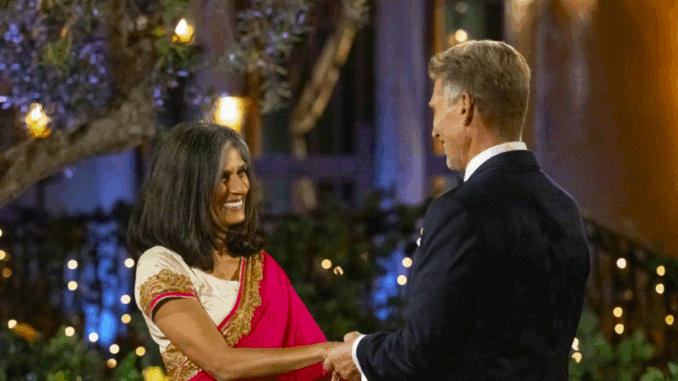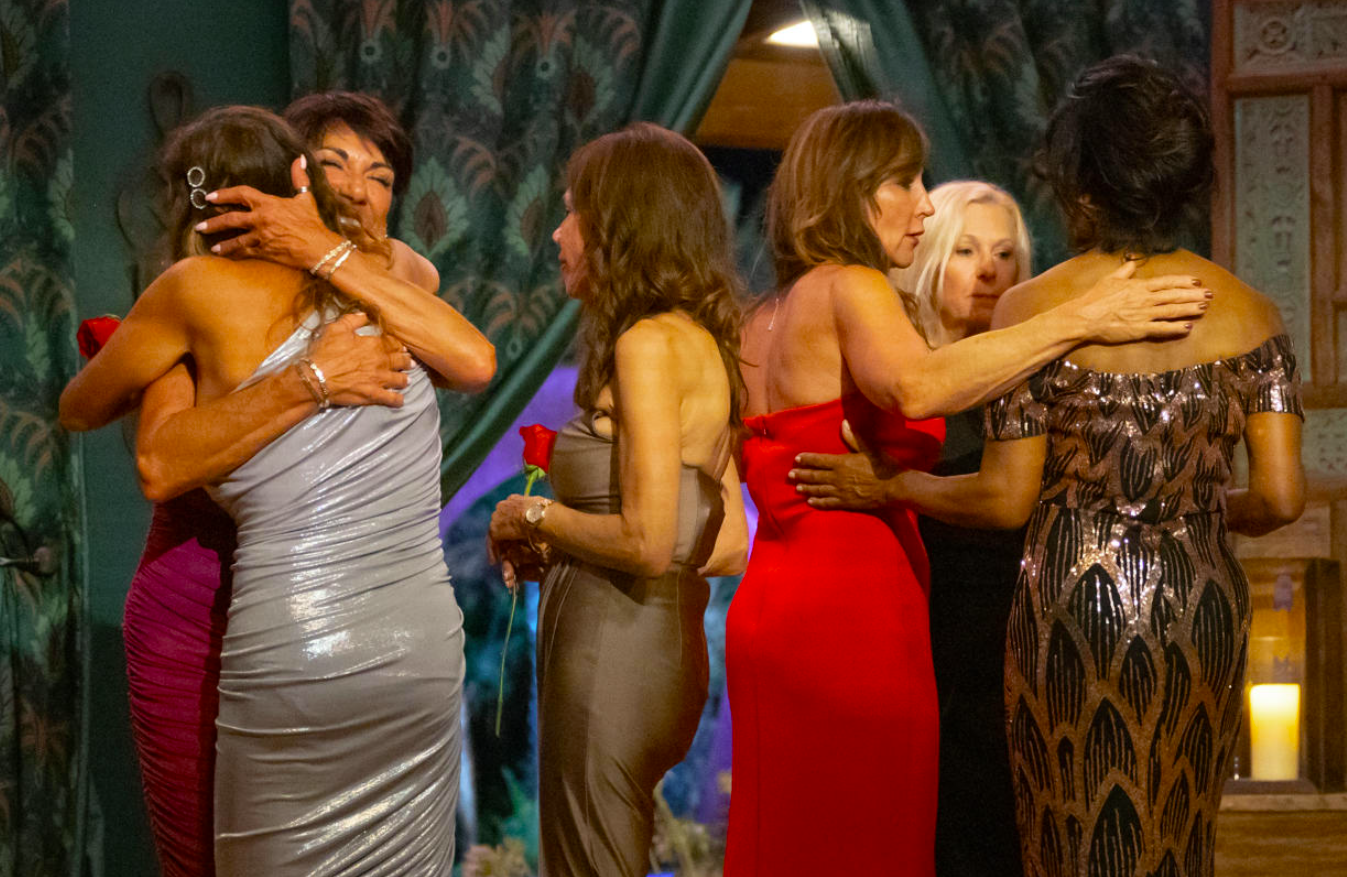
Season 2 Isn’t Just TV — It’s a Cultural Moment for Viewers Who’ve Felt Invisible for Too Long
There are reality shows that entertain, and then there are shows that touch something deeper. The Golden Bachelor, now entering its second season, belongs firmly in the latter camp. While its premise was simple — seniors looking for love — the effect on viewers, especially older ones, has proven profound.
For too long, television romance has belonged to the young. Love was shown as something reckless, impulsive, full of fire and drama. But The Golden Bachelor offered something new: the beauty of love seasoned with experience. And for countless viewers who’d begun to believe their love stories were behind them, it felt like the world was finally turning its gaze back in their direction.
Aging Out of Romance — Until Now
In the world of mainstream media, aging is often portrayed as a retreat: from passion, from possibility, from relevance. Middle-aged and older characters — especially women — are usually reduced to comic relief, background parents, or wise-but-lonely mentors. Rarely do they get to be the center of a love story.
Enter The Golden Bachelor.
Suddenly, women in their 60s were dressing up for cocktail parties. Men with silver hair were writing love notes. They weren’t being pitied. They were being pursued. And viewers watching from home — many of them in similar stages of life — saw themselves reflected in a way they hadn’t before.
It was radical. It was overdue. And it was deeply healing.
Letters from the Living Room: The Show’s Emotional Ripple Effect

ABC has received thousands of letters and emails from fans since Season 1 aired. Some thanked the network for finally “seeing” them. Others confessed they’d rejoined dating apps. Some said they’d reached out to old flames — or made peace with long-held heartaches.
One viewer, 74-year-old Norma from Wisconsin, wrote, “I thought I was done. After losing my husband, I didn’t think I had another love story in me. But watching The Golden Bachelor? I started to believe again. And that belief is everything.”
It turns out, when people feel represented, they don’t just watch differently. They live differently.
Love With Depth: What Sets The Golden Bachelor Apart
Yes, the rose ceremonies are still there. The fantasy dates. The fireworks. But there’s a different tone to The Golden Bachelor — one that resonates far beyond the screen.
Contestants don’t talk about “forever” lightly. They talk about caregiving, about losing partners to illness, about raising kids and grandkids, about healing. There’s no performative drama here — only life, lived fully and shared bravely.
That emotional truth is what keeps older viewers coming back — and what younger viewers, surprisingly, have also connected with. It reminds us all that love is not just about excitement; it’s about endurance.
A Golden Future Ahead?
As Season 2 prepares to air, the question now is: Can the show continue to evolve without losing its core sincerity?
With a new lead in Mel Owens — a man whose life has included NFL stardom, personal loss, and fatherhood — it seems likely. But more importantly, The Golden Bachelor has already done something extraordinary: it has turned love after 60 into a conversation worth having, and a story worth watching.
And in doing so, it’s changed not just the television landscape — but the lives of those who see themselves in its golden glow.